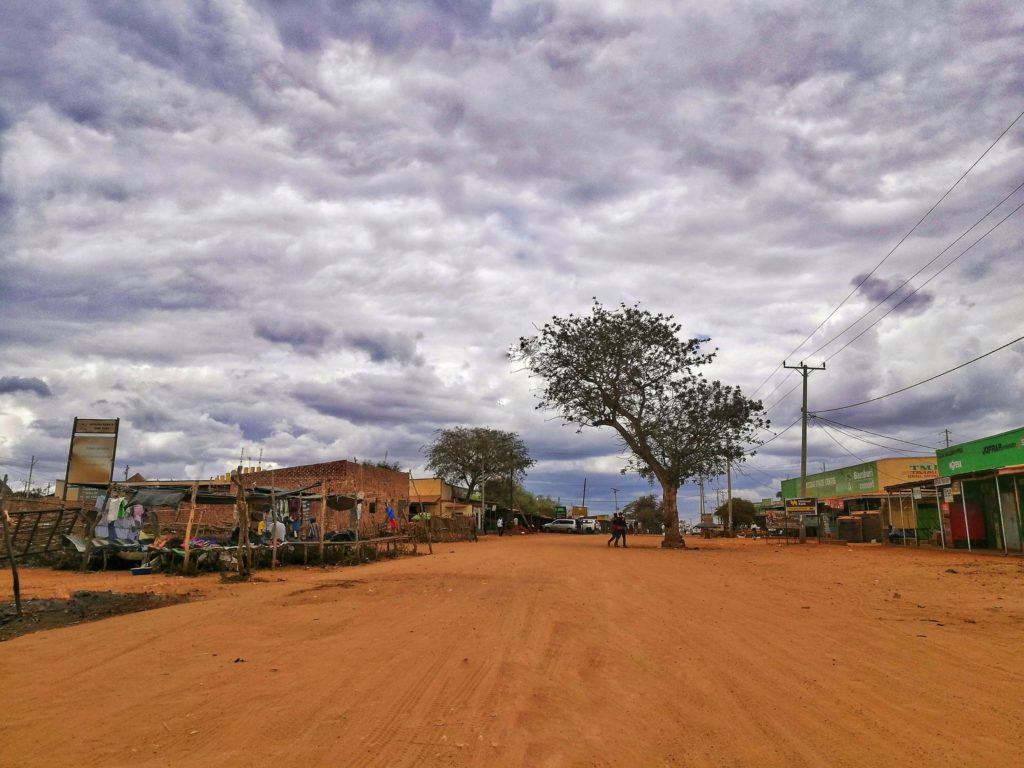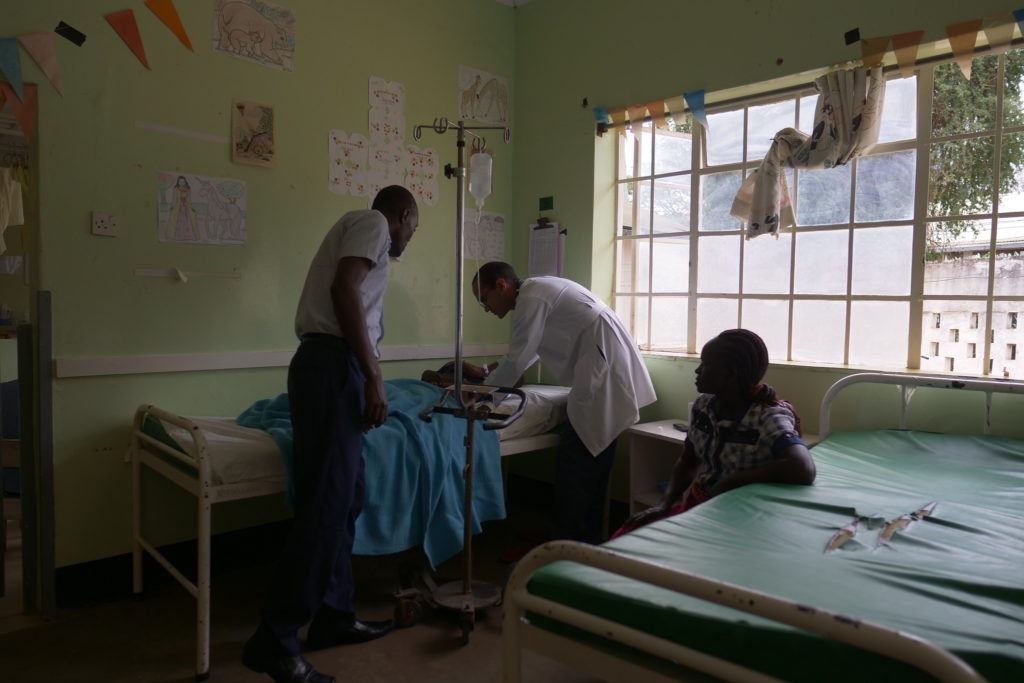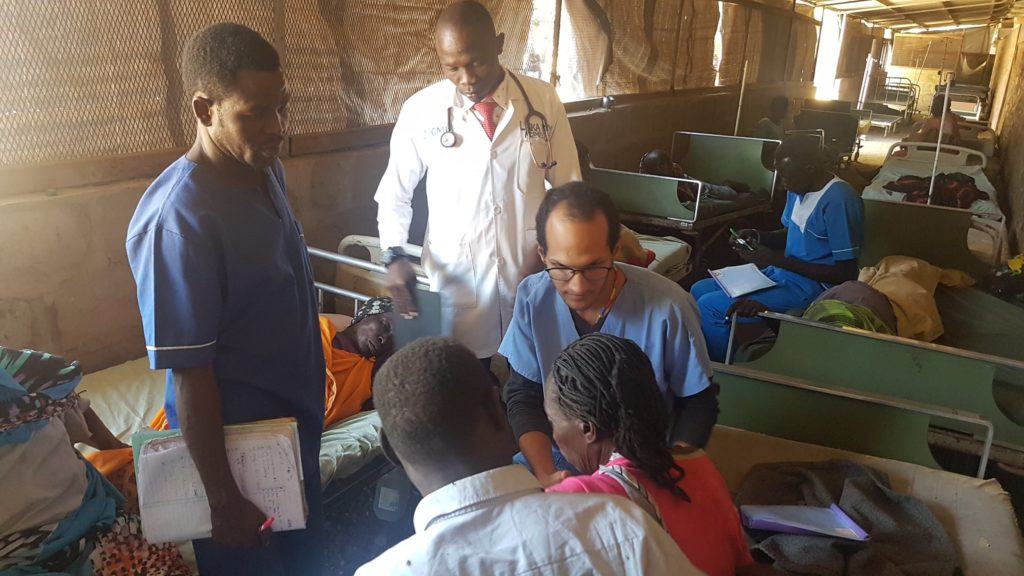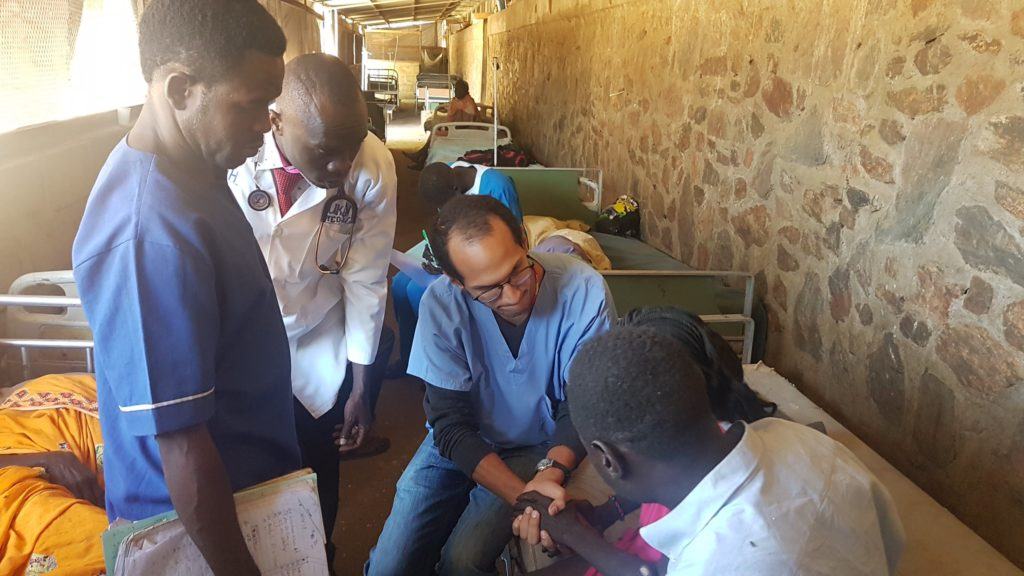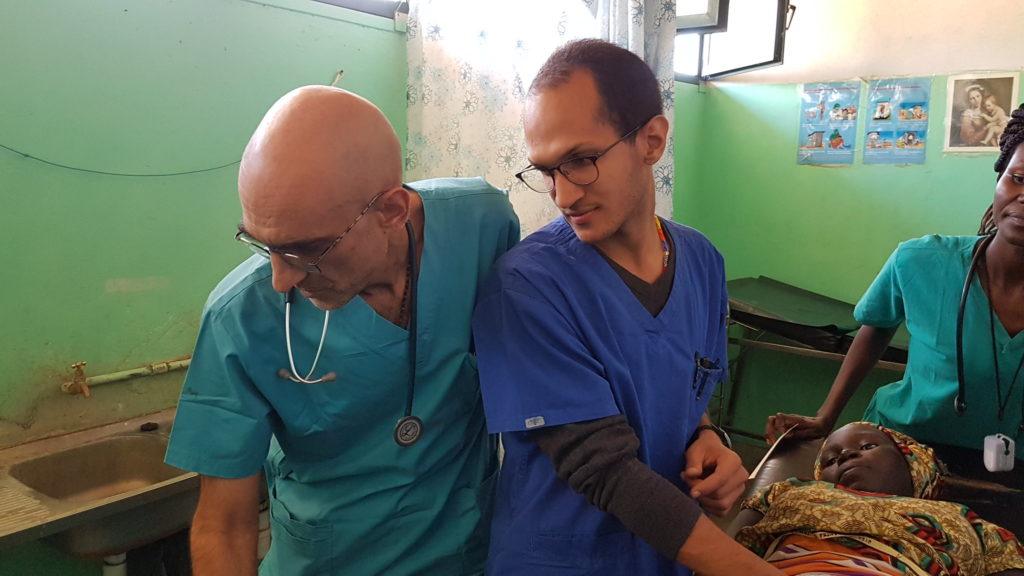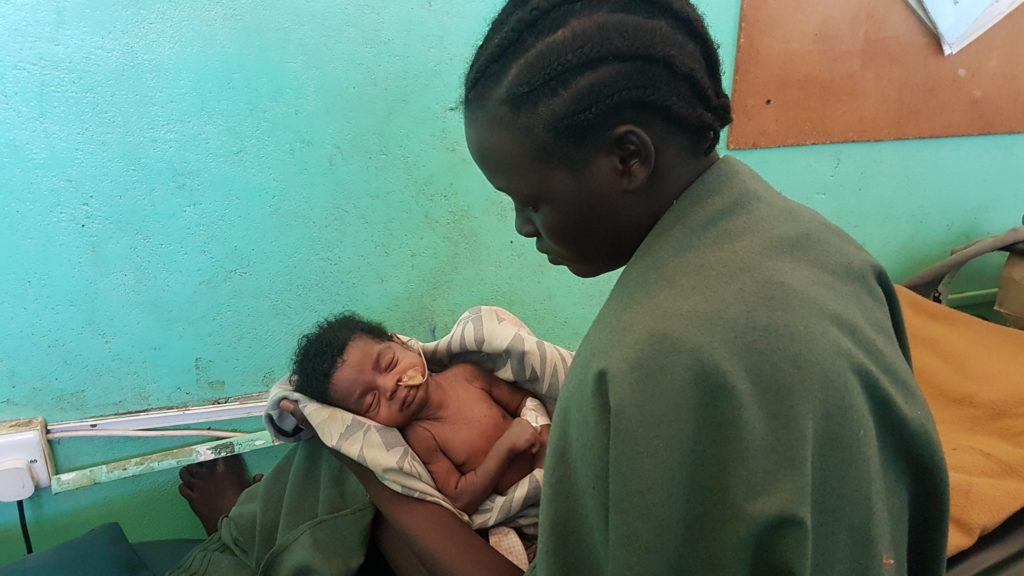Pushing Forward
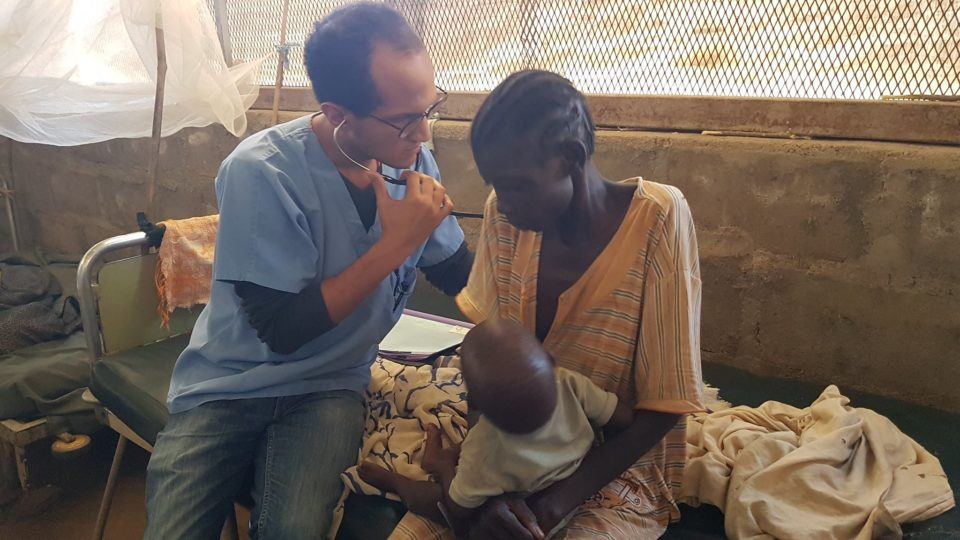
Doctor Jose is a longtime volunteer for CMMB. As a doctor, he served in Kenya for a year and the Nuba Mountains of Sudan for four months. After returning home, he sat down with us to reflect on his experience in both countries. In the interview below, he shares the challenges he faced, the inspiration he found, and the humanity he discovered.
How did your experience in Kenya compare to your experience in Sudan?
In Kenya it was rural but we still had access. It was six hours away from Nairobi and two-and-half hours from Kitui—the nearest developed town with supermarkets and other resources. There were no roads, but they were constructing them. And there was still public transportation, motorbikes, and even cars. Access makes a huge difference.
At our hospital, we were able to refer people to another with more surgical capacity if needed. People were able to transport themselves from one point to another in less than an hour, so, emergencies were not like they were in Sudan. There, when women went into labor, for example, it would take them three days just to get to our facility.
The other difference was not just access to facilities but our access to medical supplies. In Mutomo, I dealt a lot with the HIV program. We had the medications that we needed and plenty of supplies. We were able to provide these resources to patients, even those who lived very far away from the hospital.
There was also a greater capacity for lab work in Mutomo. We were were able to do not only a full blood count, but also measure things like electrolytes, liver function, and kidney function.
Tell us what your transition was like. Did you know what to expect when you arrived in Sudan?
At the beginning it was so hard. Not because of my workload, but because of how the people around me lived. When you go from the developed world to a place like Sudan, you see the very basic freedoms that people lack. The freedom to travel, the freedom to understand the value of a moment or to read a book—They don’t have those privileges.
I went to Sudan for a four-month commitment right after completing a year of serving in Kenya. I knew that there would be challenges and I remember telling my girlfriend, “I’ll go and adapt.” But my transition was extremely difficult. I had no idea how it was—the patients, the conditions, the food.
It wasn’t even about the difficulties of treating a disease or not having the right medications. It was about what goes to the mind, to the heart and about what my fellow human feels and is experiencing.
I had a patient in Sudan who was the baby of a former patient who had passed away from cancer. The patient’s sister was now the baby’s caregiver. She came back to the hospital with the baby, now sick.
I did the diagnosis and said, “This baby is malnourished and has pneumonia, it has to be admitted.” The woman, who had her own baby at home faced a difficult decision. She said, “If I stay with this baby in this hospital then who will take care of my own baby at home? If I stay in the hospital, my baby will pass away, there is nobody to take care of him. What should I do?” We talked to the nurses and were able to find another mother who could take care of her baby until she could get back. But, these are the decisions that nobody should have to make.
Moments like these took an emotional toll on me. You know, I cannot put myself in that woman’s shoes. It’s impossible for me to feel what she feels, to understand. It’s just a reality that is inhumane.
What motivated you to keep going?
Honestly, there was no inspiring answer. I’m still processing a lot.
Hope plays a big part in this, because the people in Sudan, they take it one day at a time. They say, “We’ll see tomorrow what God brings us!” And that was hard for me to understand, my mind doesn’t see it that way. But it is one day at a time. And you do see change, it’s very hard, but you do see change.
For me, humanity has been a big part of my journey. That’s what I discovered in Sudan that I didn’t have in Kenya or when I was an intern here in New York. I come from a very Catholic background that I’m very proud of. I learned a lot from when I was sixteen to twenty-seven. I even went to a vocational program to become a priest for two years.
In Kenya, I went with this sense of Christianity and mission and that’s what I lived there. I was with the sisters and it was not that hard; we had some challenges but I had internet and a house with TV and I could cook my own food. Reality wasn’t that different from the Dominican Republic, where I come from. I was still in my comfort zone to trust in God and love my faith. But when I went to Sudan, I found myself asking God how the suffering I saw was possible. And I’m still having that struggle inside of me.
But what I saw was humanity, a sense of being human and helping my fellow human. I saw it in people from other tribes helping each other, in mothers taking care of another’s baby, and I saw it when they signed the peace agreement in early November. There were people coming home to Nuba who had not been able to come back.
I saw how another human being can be compassionate and be sensitive to the suffering of another.
Sisters that hadn’t seen each other for years because of the war saw each other for the first time. I saw how another human being can be compassionate and be sensitive to the suffering of another. I saw that. Some people call that God. I’m still looking for my term and what I am going to call that. But that was what carried me through, especially in the last month.
That month was so hard. I wasn’t even praying or journaling or sitting down to take my own time. We were all exhausted but still pushing forward, trying to see as many patients as we could.
Dr.Jim Peck, a volunteer I served with, said something to me that just clicked in my mind. He said, “You know Jose, we are all pushing here. Pushing forward, that’s what we do.” And I said to myself, “That is what we do! We’re all pushing forward.”
That’s what everybody else is doing, all my patients they’re just pushing forward to see another day and in the next day maybe peace will come. They used to say, “We hope that peace will come.” And it did. And it will.
Consider giving a gift to inspire our volunteers like Dr. Jose to keep pushing. By giving, you can help provide funding for much needed medical resources.
